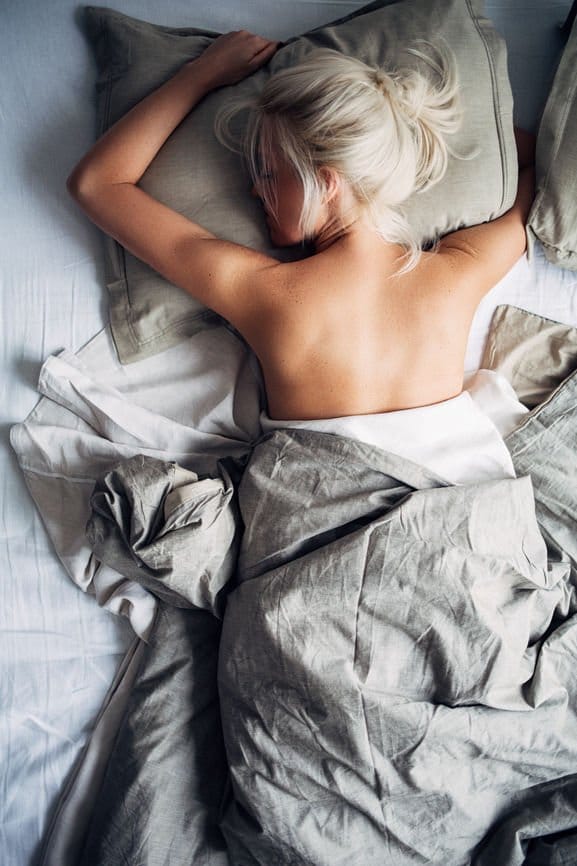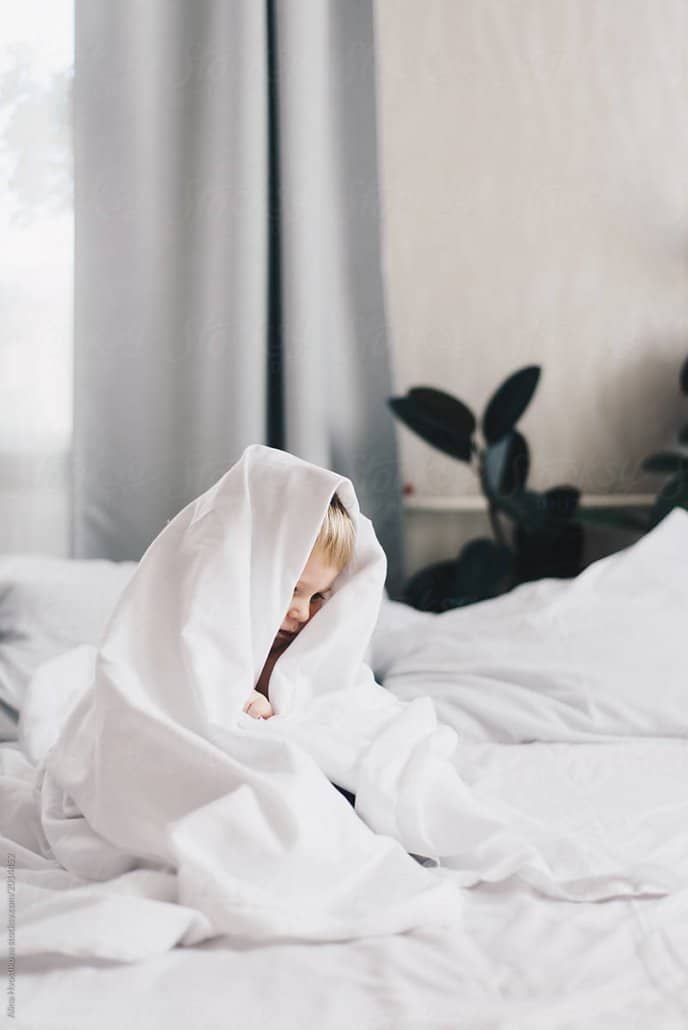16 sleeping tips for a good night’s sleep
Blindly annoyed you beat the alarm clock off the bedside table. Can’t be true! You dive under your duvet again, but the rehearsal function of your alarm clock cannot be knocked out of the field. In the bathroom mirror you stare at your face and think: do I have to make it through the day?
Research shows: a good night (rest) determines your day.
You have more resistance and energy
You look better
It contributes to a slim line
You’re more alert
You’re more sociable
You can have more
It prevents accidents
And so on
Well, who wouldn’t want that?
It has even been proven that sleeping badly shortens your life. Alzheimer’s and Diabetes are also associated with it.
Fortunately, you can do a lot about it yourself with these sleeping tips. Or just leave it for it.
Here you will find some useful sleeping tips. Feel free to share them with your friends.
- Analyze your sleep pattern, for example with the sleepscore app, which is the best contactless sleep tracker. Analyzing twice a week is enough. Do you suddenly wake up at night? Certain sounds? Your partner? Or do you wake up bathing in sweat? Then you can look for causes and solutions. Earplugs, better ventilating bed materials, opening a window and so on.
- Drink enough water during the day and put a bottle of water next to your bed at night. Water has an important ‘transport function’ in your body that also influences your sleep. Not too much in the evening, then you have to get out again at night!
- Don’t take your dinner too late. And if you eat a little later, take something easily digestible. So don’t eat that heavy steak with too much fat and salt. Eat mainly vegetables.
- A glass of wine is delicious, we think. But every evening five glasses of wine is not good for your sleeping behaviour.
- Sugar also keeps you awake. Moderate in that, especially in the evening. Don’t eat that dessert too late and take that delicious chocolate bar in the afternoon.
- All stimulating substances work against sleeping. Caffeine, theine and nicotine also remain active for a long time. Preferably no coffee, tea or cigarette in the evening.
- Keep to the set times for going to bed and getting up. Regularity helps your sleeping behaviour.
- Don’t panic if you can’t sleep once. It is precisely the fear of not falling asleep that keeps you awake. Don’t make it an obsession.
- Choose an alarm clock that doesn’t give any light. This way you are not always confronted with time. Better to count sheep than hours!
- Stress is the number one sleep disturber. How do you calm your brain? Yoga, meditation, breathing exercises, but also a round with the dog: it definitely helps! There are also good meditation apps.
- The sleeping climate is after stress the biggest sleep disturber. Make sure you have a comfortable, cool bed that supports and ventilates well, a duvet that is also breathable, a pillow that fits well and so on. Many materials hardly breathe and have all kinds of finishing layers that make it clammy under the sheets. Get some good advice! Especially if your mattress is already about ten years old! Nowadays there are also actively ventilating beds.
- Do you watch TV in the evening? Often the news or that Netflix movie keeps haunting your head. Then choose a good book or listening book.
- Sport is healthy, but if you don’t do it too late in the evening, your body is still too active.
- Don’t put an ‘active’ mobile phone next to your bed.
- Did you have a bad night’s sleep? Catching up during the day is difficult, but a power drink before 15.00 hrs, with a maximum of half an hour, can help a bit.
- Sleep apnea is by definition bad sleep. Many people don’t know they have it. Typically, waking up tired, with a dry mouth, and going to the toilet more than twice at night. Check if you recognize the symptoms. Or have an anxious partner who you sometimes can’t hear breathing for a long time. If in doubt, see your doctor or a sleep coach who can help you get a better night’s sleep.
Follow these sleeping tips and you will see results. And saves on all kinds of unnecessary sleeping pills, spare beds, camouflage make-ups and other palliatives. Accept that it takes a few weeks for your brain to accept a new rhythm. And then experience the opulence of a good night’s sleep!
Good night!
“It’s especially important to turn off your brain in the evening.”
Barry van Doornewaard
CEO Freshbed



